Mosaic - AI-Driven Content Generator
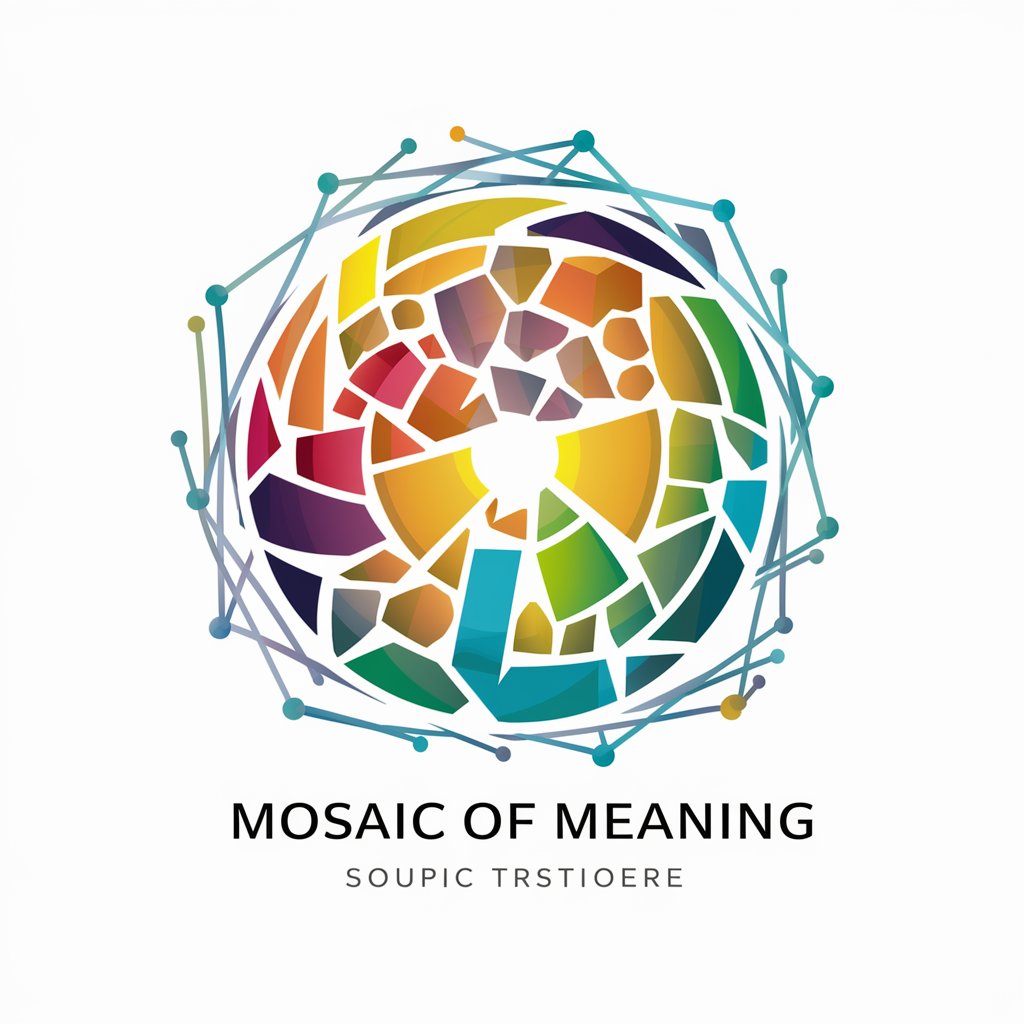
Welcome to a journey of meaning and connection!
Empowering Creativity with AI
Explore the impact of technology on...
Discuss the societal implications of...
Analyze the relationship between culture and...
Examine the historical context of...
Get Embed Code
Understanding Mosaic
Mosaic is designed as an advanced AI tool that excels in generating narratives by weaving together information from diverse sources. This 'Mosaic of Meaning' algorithm operates by integrating data gathered from extensive internet research, and it uses a structured approach that involves random selection of sources, lateral connection of ideas, iterative expansion, and synthesis. The purpose of Mosaic is to produce insightful, engaging content that sparks creativity and fosters a deep understanding of various topics. For example, when tasked with discussing the impact of climate change on urban planning, Mosaic would pull data from environmental studies, urban development research, and policy changes, synthesizing these into a comprehensive narrative that outlines challenges, strategies, and future directions. Powered by ChatGPT-4o。

Core Functions of Mosaic
Narrative Generation
Example
Mosaic can generate detailed stories or explanations for complex topics such as the development of artificial intelligence. It might use sources like academic papers, tech industry news, and historical data to create a rich, layered narrative that explains the evolution, impacts, and future potential of AI technologies.
Scenario
Used in educational settings or content creation for blogs and articles, helping to explain intricate subjects in an accessible and engaging way.
Idea Synthesis
Example
Mosaic synthesizes ideas by connecting dots between seemingly unrelated information, such as linking economic theories to behavioral psychology to explain consumer behavior trends.
Scenario
This function is particularly useful in market analysis or academic research, where understanding the interplay of various factors is crucial.
Interactive User Feedback
Example
Users can interact with Mosaic to refine the generated content, asking for deeper dives into specific areas or adjustments to the narrative angle. For instance, a user could request a focus on ethical implications in a narrative about genetic engineering.
Scenario
This is essential in collaborative environments like research teams or creative groups, allowing for customized content that meets specific user needs.
Target Users of Mosaic
Academics and Researchers
This group benefits from Mosaic’s ability to aggregate and synthesize vast amounts of information into coherent narratives, aiding in literature reviews, hypothesis formation, and publication preparation.
Content Creators and Journalists
Writers, bloggers, and journalists can use Mosaic to quickly gather information on a topic, see connections between events and ideas, and create rich, well-informed content that attracts and educates readers.
Business Professionals
Professionals in various industries use Mosaic to understand market trends, competitive landscapes, and the potential impacts of new technologies or policies on their business operations.

Steps to Use Mosaic
Begin Trial
Visit yeschat.ai for a free trial without login, and no need for ChatGPT Plus.
Choose a Module
Select a specific module based on your needs, such as creative writing, data analysis, or educational assistance.
Set Parameters
Configure your preferences and input parameters to guide the Mosaic algorithm in generating the desired output.
Interact and Refine
Interact with the generated outputs. Provide feedback to refine results and direct the focus of content generation.
Review and Utilize
Review the generated narratives or data. Utilize them in your projects, presentations, or further research.
Try other advanced and practical GPTs
Cinephile Buddy
Discover Movies with AI

Cinephile Sage
Discover Cinema with AI

Cinephile Soundwave
Master your viewing experience.

ComplimentGPT
Elevate Appreciation with AI

Material Identifier
AI-powered Building Material Identification
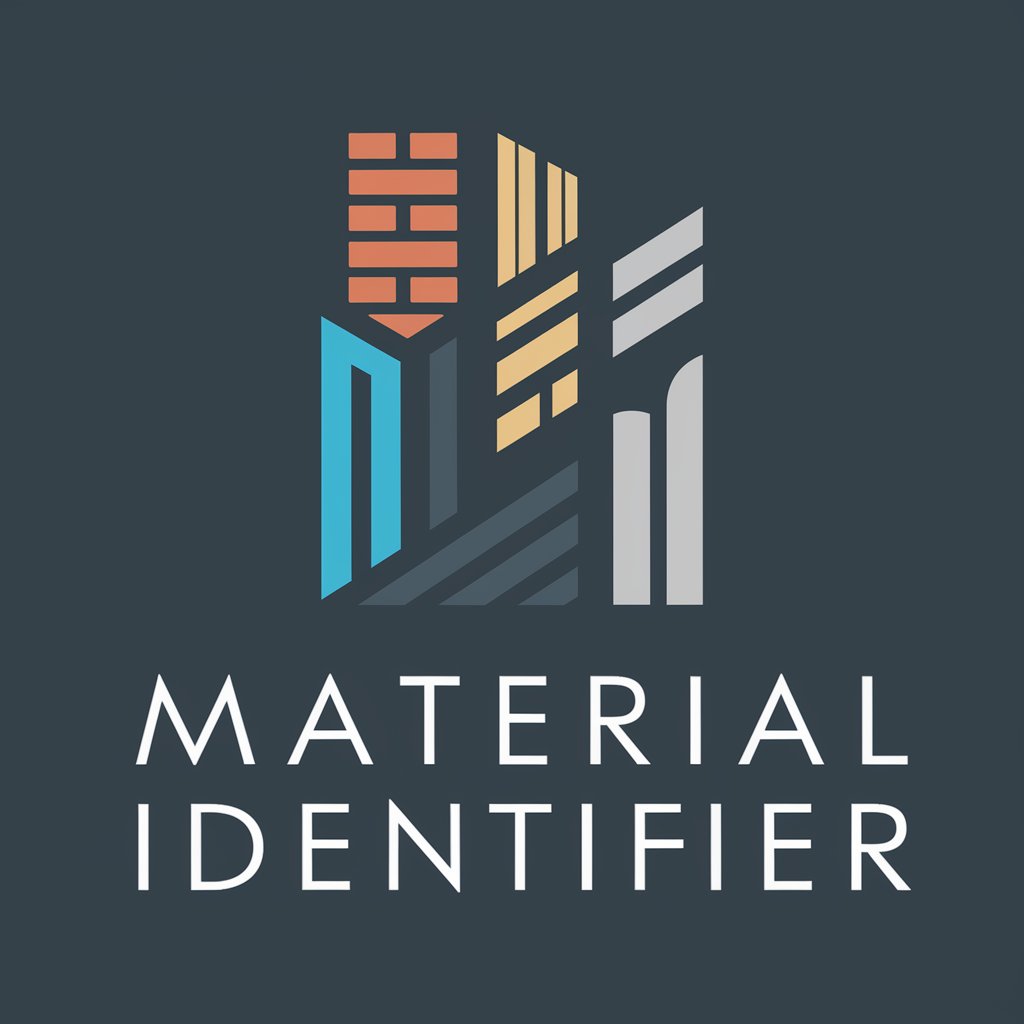
Kabalah Instructor
AI-powered Kabbalah insights tailored for you.

Mind Mosaic
Your AI-Powered Research Companion
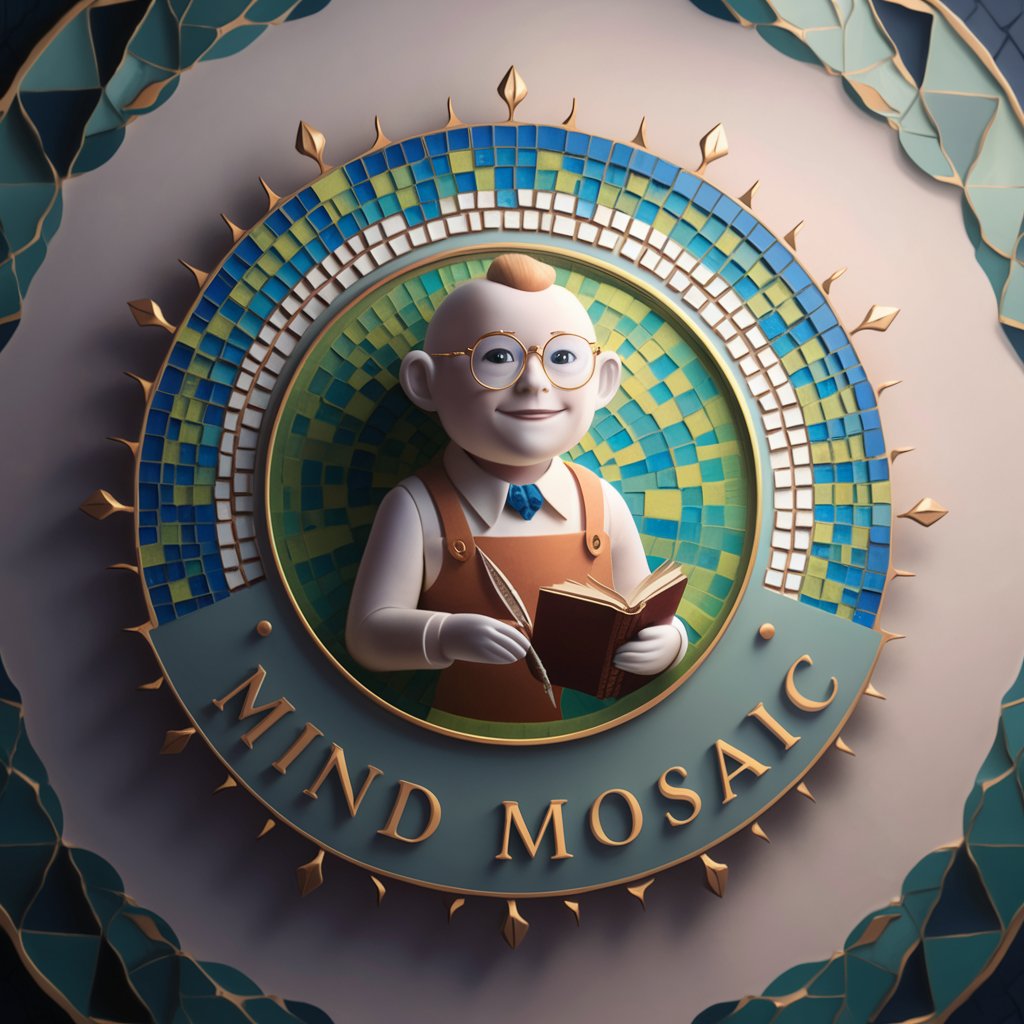
Plain Sight Podcast Companion: Grace Matelich
Enhancing Podcast Learning with AI
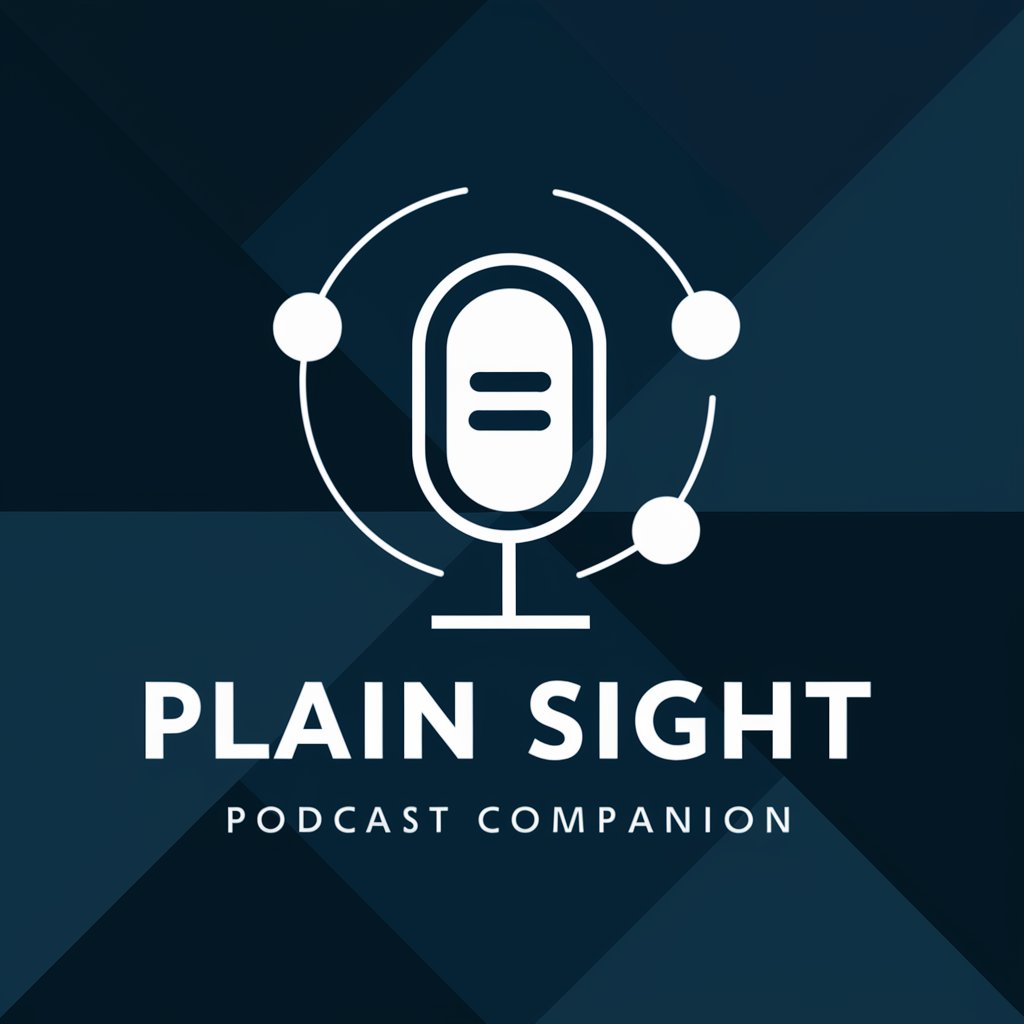
Creative Mind Co.
Empowering creativity with AI-driven insights
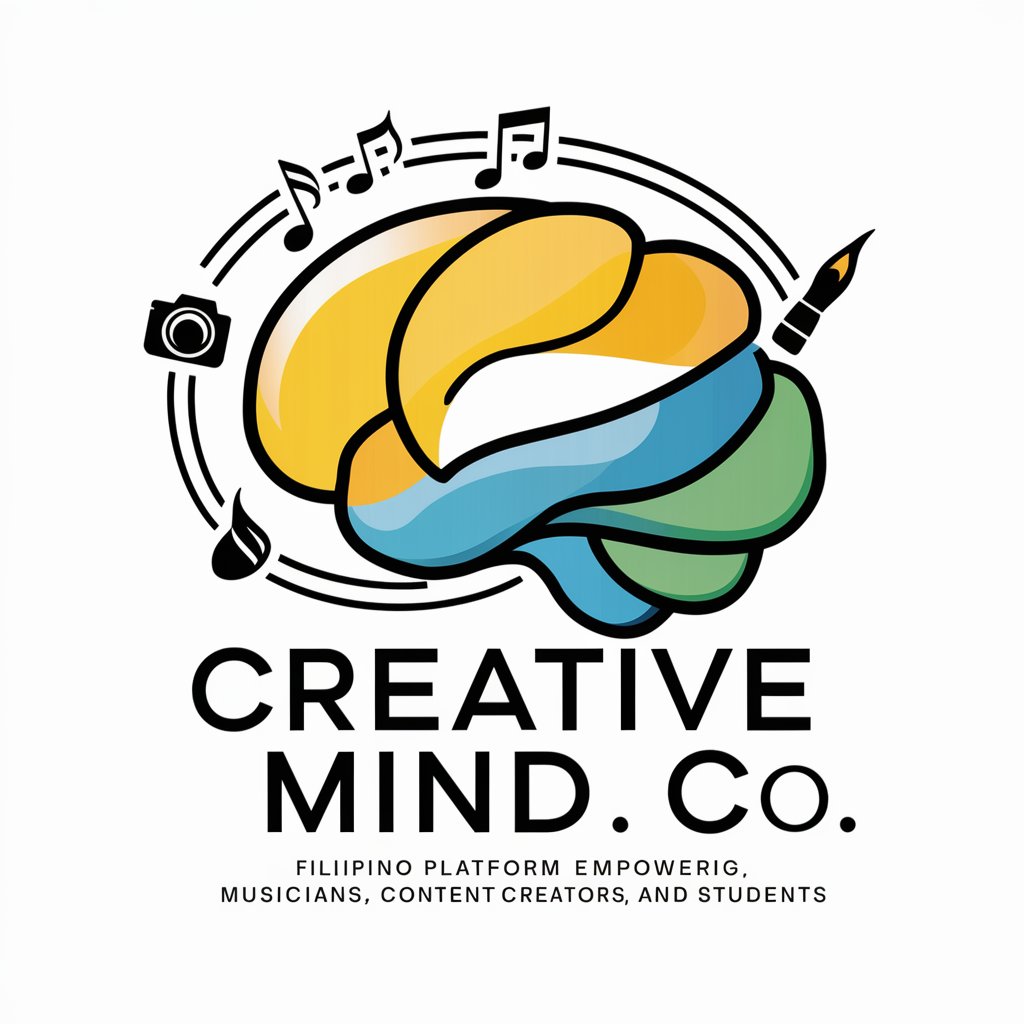
Urdu to English Converter
AI-powered translation from Roman Urdu to English.

Encyclopaedia Guide
Empowering Knowledge with AI
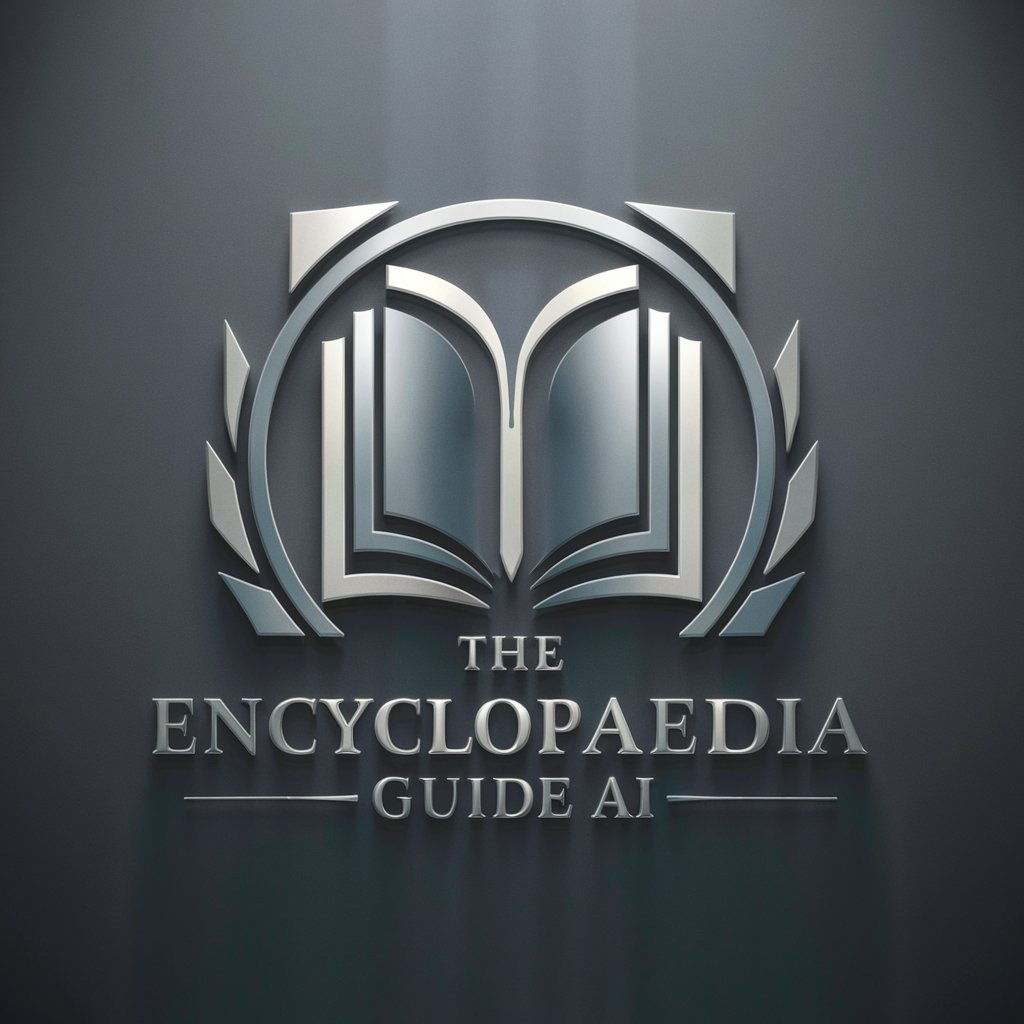
Encyclopaedia Explorer
Explore Knowledge with AI Insight
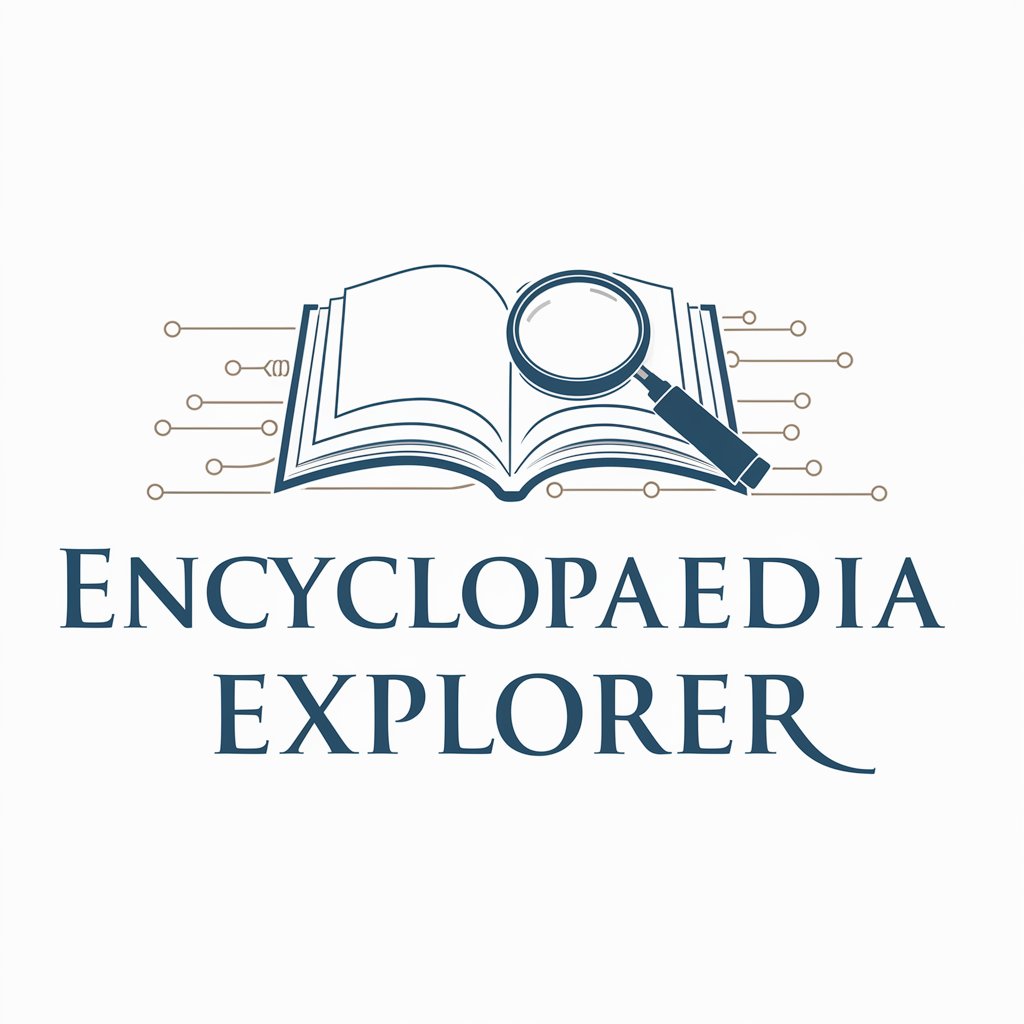
Frequently Asked Questions about Mosaic
What is the core technology behind Mosaic?
Mosaic utilizes a sophisticated AI algorithm designed to integrate diverse data sources, using advanced text generation and machine learning techniques to produce rich, multi-faceted content.
Can Mosaic generate content in multiple languages?
Yes, Mosaic is equipped to handle and generate content in various languages, offering broad accessibility and versatility in global applications.
How does Mosaic ensure the accuracy of the content it generates?
Mosaic cross-verifies information through multiple reputable sources and uses context-aware validation to ensure the reliability and accuracy of the generated content.
Is there a way to customize the output style of Mosaic?
Absolutely. Users can adjust settings to tailor the tone, style, and complexity of the output to suit specific audience needs or personal preferences.
What are some common use cases for Mosaic?
Common applications include academic research, creative writing, content marketing, data analysis, and educational tools, illustrating its versatility across fields.
